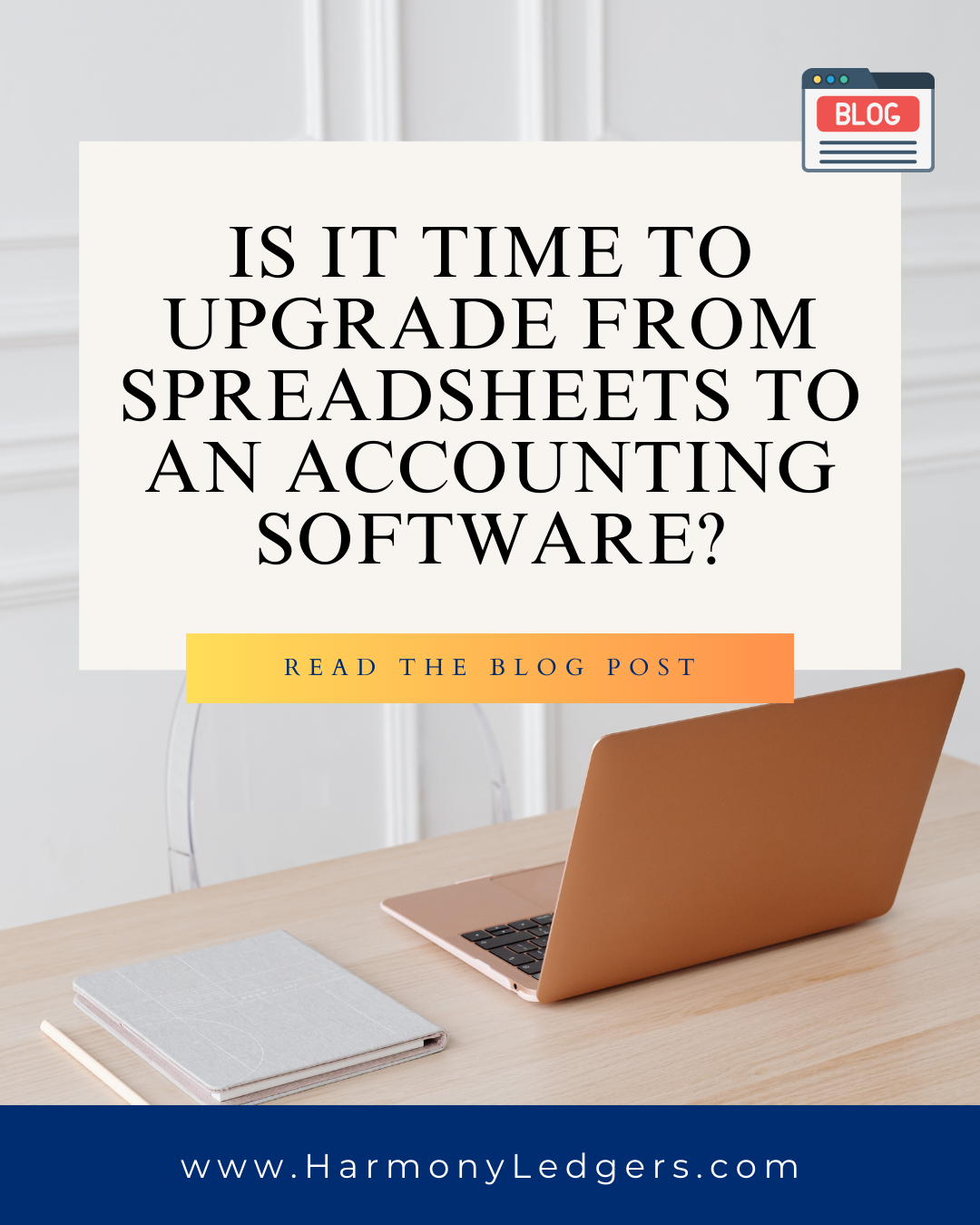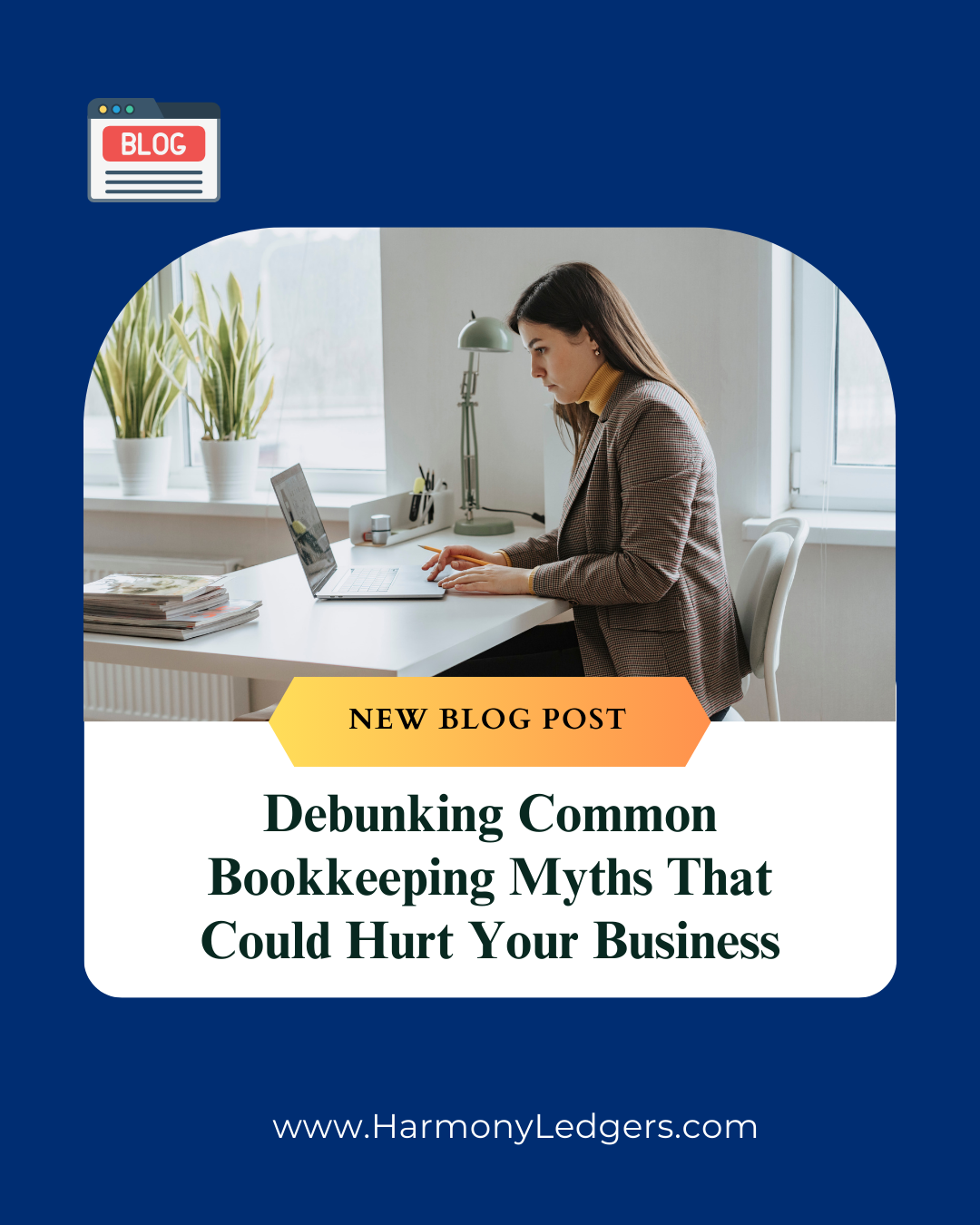What You Need to Know About Bookkeeping Before Tax Season
As tax season approaches, many small business owners start to feel the pressure of getting their financial records in order. But here's the good news: getting your bookkeeping in shape before tax season arrives can make the entire process much smoother and stress-free. The key is staying organized year-round so that when it's time to file, you have everything you need at your fingertips.
In this post, we’ll walk you through some essential bookkeeping steps you should take before tax season to avoid the headaches, last-minute scrambling, and costly mistakes that can often accompany tax time.
1. Organize Your Financial Records
One of the first things to tackle is organizing your financial records. Over the course of the year, you’ve likely accumulated a pile of receipts, invoices, and bank statements that may seem like an insurmountable task to go through.
Here's how to get organized:
- Track Expenses: Make sure all your business expenses are categorized correctly (e.g., office supplies, travel, marketing). If you haven’t done this throughout the year, now is the time to do it.
- Review Bank Statements: Go through your bank and credit card statements and ensure that all transactions are recorded. This includes reconciling your accounts to ensure that the balances match what’s in your books.
- Keep Receipts:
It’s essential to keep all your receipts for deductible expenses, as they are required by the IRS in case of an audit. Using apps or tools like Expensify or Shoeboxed can help you digitally store and categorize receipts for easy access.
2. Ensure Your Books Are Reconciled
Bank reconciliation is one of the most important parts of bookkeeping and crucial before tax season. Reconciliation means ensuring that your records match the balances in your bank accounts and credit cards. This is especially important for identifying discrepancies or missed transactions.
Here’s how to do it:
- Compare the transactions in your accounting software with your bank statements to verify accuracy.
- Make sure your balances match for the end of each month, and address any discrepancies (e.g., duplicate transactions or missed entries).
- If you’re behind on reconciliations, work through them month by month.
- Having reconciled books is vital not just for tax season, but for understanding your business’s true financial health.
3. Review and Update Your Chart of Accounts
Your chart of accounts is a list of all the accounts used in your general ledger to categorize your business transactions. These accounts could include assets, liabilities, income, and expenses.
Before tax season, make sure your chart of accounts is up to date:
- Check for accuracy: Ensure that all categories (e.g., income, expenses, payroll) are properly defined and being used consistently.
- Review expense categories: Ensure you're using appropriate categories for business expenses to maximize deductions. For example, if you purchased equipment or made a large capital expenditure, it needs to be categorized differently than regular office supplies.
An organized and accurate chart of accounts simplifies the tax process and helps avoid errors.
4. Stay On Top of Payroll
If you have employees, ensuring that your payroll records are accurate and up-to-date is critical before tax season. This includes:
- Paying employee wages and making sure taxes have been withheld correctly.
- Filing quarterly payroll taxes: If you haven’t filed your quarterly payroll taxes, make sure they’re completed, so you don’t face penalties.
- Year-end payroll reports: Make sure you have filed or prepared W-2s for your employees, and 1099s for any contractors you’ve paid throughout the year.
Bookkeeping software like QuickBooks or Gusto can automatically track payroll, calculate taxes, and generate year-end reports, saving you time and reducing errors.
5. Review Your Tax Deductions
When preparing for tax season, it's critical to review your deductions, especially if you’ve made any significant business purchases or had special expenses. For instance:
- Home office deduction: If you worked from home, you may qualify for the home office deduction. Be sure to track the square footage of your office space, as well as related expenses (utilities, internet, etc.).
- Vehicle expenses: If you use your car for business, make sure you've been tracking mileage or expenses for fuel, maintenance, and repairs.
- Equipment or asset purchases: If you've bought new equipment or other assets for your business, ensure they’re properly capitalized and depreciated.
Properly tracking and categorizing these expenses throughout the year can help you maximize deductions and lower your tax bill.
6. Check for Outstanding Invoices
Before the year ends, make sure all of your outstanding invoices are followed up on and paid. Unpaid invoices can throw off your cash flow and financial reports, and missing out on revenue could hurt your bottom line.
If you haven’t already, consider:
- Sending reminders to clients with overdue invoices.
- Writing off bad debts if you're certain that a customer is unable to pay.
Having a solid system for accounts receivable ensures that your books are accurate and that you're getting paid on time.
7. Consider Using Tax-Ready Accounting Software
If you haven't already, consider using accounting software that integrates with tax software or directly with your tax preparer. Tools like QuickBooks Online, Xero, or Wave make it easy to:
- Automatically track and categorize transactions.
- Generate tax reports (e.g., Profit & Loss statement, balance sheet).
- Sync data with tax preparers or tax software like TurboTax.
This can save you time and reduce errors when it’s time to file your taxes.
8. Hire a Professional if Needed
If bookkeeping and taxes feel overwhelming, it may be time to hire a professional bookkeeper or accountant. A certified professional can:
- Help you ensure your books are accurate and up-to-date.
- Maximize deductions you might have missed.
- Ensure you’re in compliance with tax laws and regulations.
If you’re uncertain about anything related to taxes, it's always a good idea to seek expert advice to avoid costly mistakes.
Final Thoughts
Getting your bookkeeping in order before tax season is essential to making the process as smooth and efficient as possible. By organizing your records, reconciling your accounts, and ensuring everything is up to date, you can avoid scrambling at the last minute and focus on growing your business instead of stressing over taxes.
Start early, stay organized, and if needed, get help from a professional bookkeeper or accountant to ensure everything is in order before the tax deadline.














